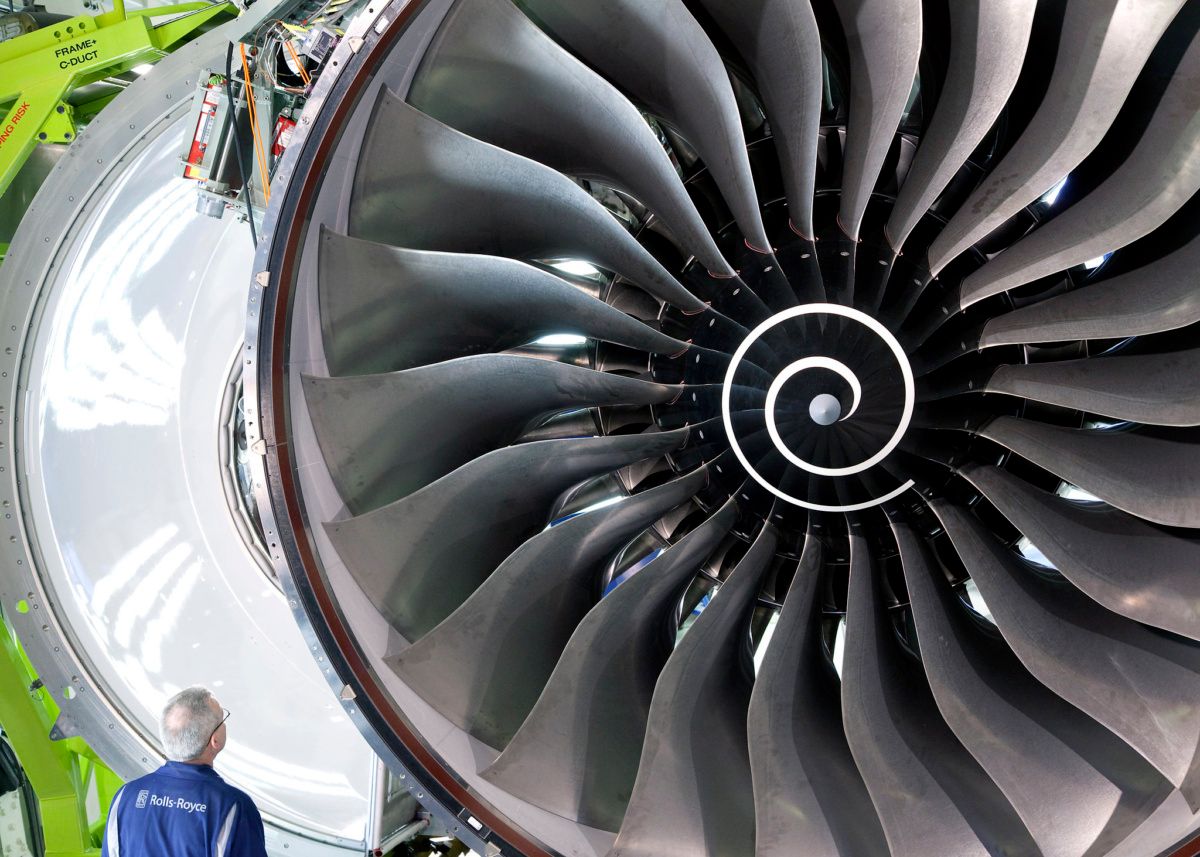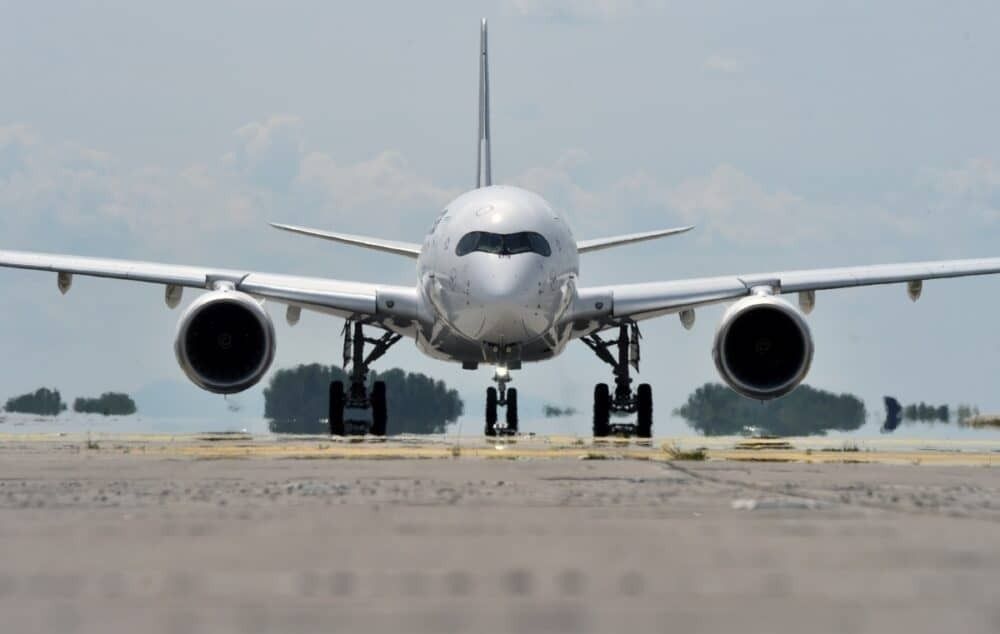Rolls-Royce has today shared details of its first half results for 2020. As part of the announcement, the engine manufacturer has spoken of the changes that it is making to mitigate the impact of the global health crisis. One of the decisions that the company has taken is to consolidate the manufacturing of its widebody engines to the United Kingdom.
Unprecedented impact
According to a press release seen by Simple Flying, the firm's first-half revenue is reported to be £5.8 billion, which is down 26% from last year. Meanwhile, it's reported operating loss is £1.8bn. Just like how most airlines have suffered from the pandemic, manufacturers are also reporting dire results.
Stay informed: Sign up for our daily aviation news digest.
Rolls-Royce highlights that it started the year with great momentum, but the health crisis changed the course of the activity. Nonetheless, it took swift action to deal with the sudden impact of the situation. Above all, it's liquidity now stands at £8.1bn.
Nonetheless, it was in civil aviation where the most significant effects were seen. Large engine deliveries and flying hours were both down approximately 50% in the first half of 2020. Therefore, the company is having to shake up its structure, and shifts are happening across its operations.
A series of consolidations
Trent fan blade production will move from two global facilities to just a single facility in Singapore. Additionally, blisk production will transition from three locations to two sites in Derby, UK, and Oberursel, Germany.
The UK will also concentrate on advanced disc and turbine blade machining. Advanced turbine blade machining will only happen at Derby.
The East Midlands facility will also focus on widebody engine assembly and tests. Three global sites previously took on these tasks.
With long-haul travel significantly rocked by the current conditions, it is not a surprise that jobs regarding widebody projects are being consolidated. However, with these structural changes, up to 9,000 roles are at risk across the whole firm.
Necessary measures
Rolls-Royce CEO Warren East spoke of the challenges that the commercial market is facing. He feels that the changes are required to address the uncertainty that the industry faces in the current climate.
"We ended 2019 with good operational and financial momentum. However, the COVID-19 pandemic has significantly affected our 2020 performance, with an unprecedented impact on the civil aviation sector with flights grounded across the world," East said, as per the press release.
"We have responded rapidly to increase our liquidity, with £6.1bn at the end of H1 and a further £2.0bn term loan agreed in H2, to help weather the continued uncertainty around the timing and shape of the recovery in the civil aviation sector. We have made significant progress with our restructuring, which includes the largest reorganisation of our Civil Aerospace business in our history."
Altogether, the change of circumstances has forced the company into making tough decisions that are resulting in unfortunate but needed cuts. Ultimately, the reductions will considerably reduce the firm's cost base.
What are your thoughts about Rolls-Royce's consolidation plans? Do you feel that this is a good move for the company? Let us know what you think of the situation in the comment section.



